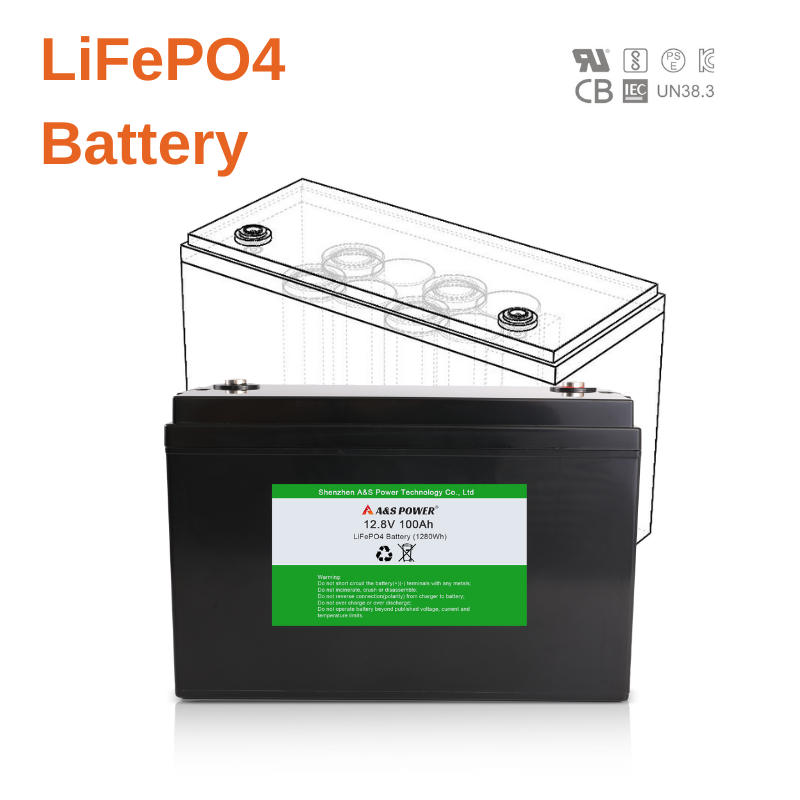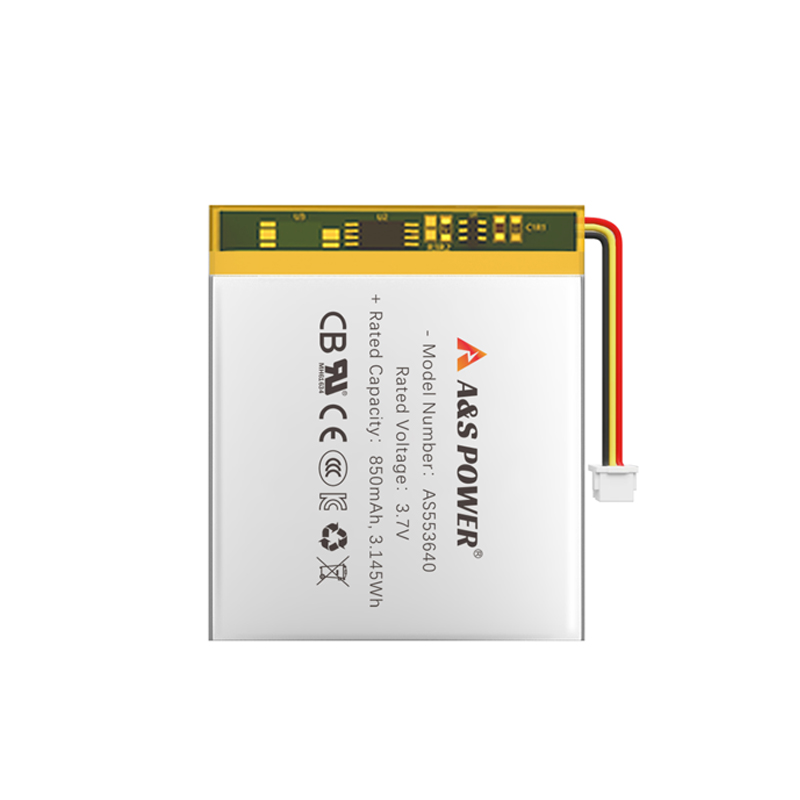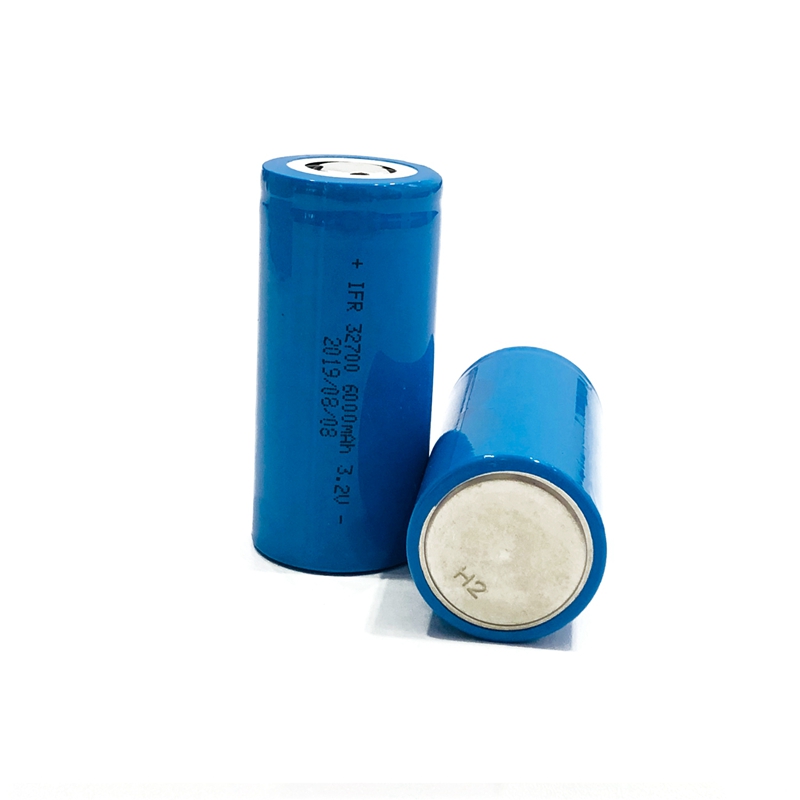Advantages and disadvantages of organic and inorganic electrolytes for lithium ion batteries
2023-05-23
Electrolytes refer to compounds or ions that conduct electricity in solution or molten state, mainly substances that can be decomposed into ions. In batteries, electrolytes play an important role in transferring ions and conducting electricity.
Organic electrolytes are generally organic matter containing carbon elements, such as carbonate, polymer, etc., with better solubility and conductivity. Common organic electrolytes of Li-ion batteries include EC (ethyl carbonate),DMC (dimethyl carbonate),EMC (ethyl glycol carbonate), etc.
The advantages mainly include:
1. Good electrical conductivity;
2. High solubility, full contact with anode and cathode materials;
3. Strong electrochemical stability.
However, organic electrolytes also have some shortcomings, mainly manifested in the following aspects:
1. Poor thermal stability, easy to be affected by high temperature or high pressure, resulting in electrolyte decomposition or produce violent chemical reactions;
2. Easily affected by water, water into the electrolyte will cause abnormal expansion of electrolyte and REDOX reaction, thus reducing battery life and safety;
3. High cost and complex preparation.
Inorganic electrolyte is mainly composed of solid compounds, such as oxides, sulfides, phosphates, etc., which has high stability and safety. Common inorganic electrolytes in Li-ion batteries include lithium oxide, trisodium phosphate, lithium sulfide and so on.
Their advantages mainly include:
1. Good thermal stability, not easy to be affected by high temperature or high pressure;
2. It is not sensitive to moisture and can keep the inside of the battery dry;
3. Long life, service life can reach more than a few years.
However, inorganic electrolyte also has some shortcomings, mainly manifested in the following aspects:
1. Relatively fragile, once the occurrence of damage may lead to electrolyte failure;
2. The conductivity is not as good as the organic electrolyte, which may reduce the performance of the battery;
3. The preparation is difficult and the cost is high.
Lithium ion battery electrolytes generally choose organic electrolyte or inorganic electrolyte. Organic electrolyte can improve the cycle life of battery, but it is easy to be affected by environmental factors and has poor safety. Inorganic electrolytes, by contrast, are safe, but their cycle life and battery capacity may be poor.
Therefore, when choosing electrolytes, it is necessary to consider the advantages and disadvantages of various factors according to the specific application situation, in order to achieve better performance and safety performance.












